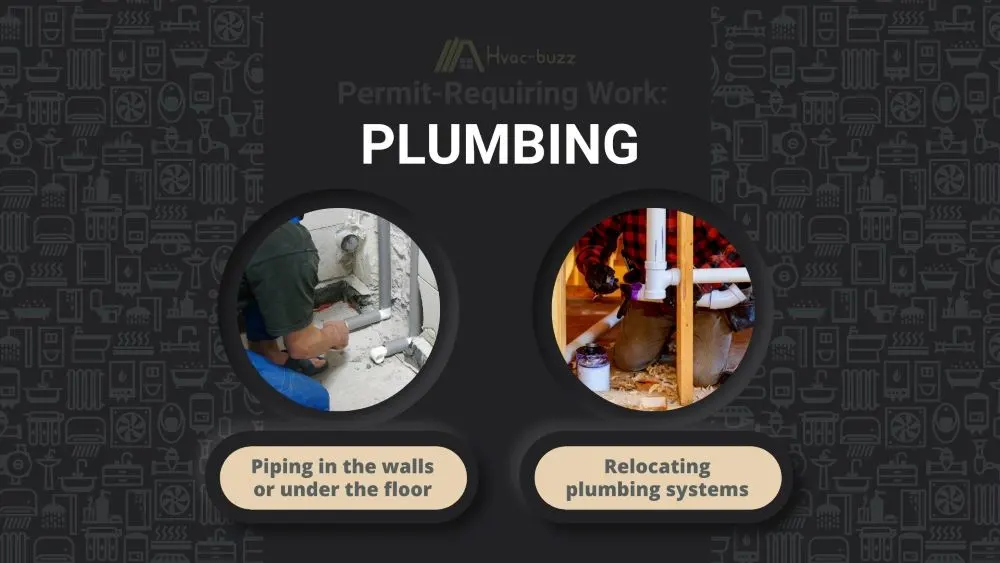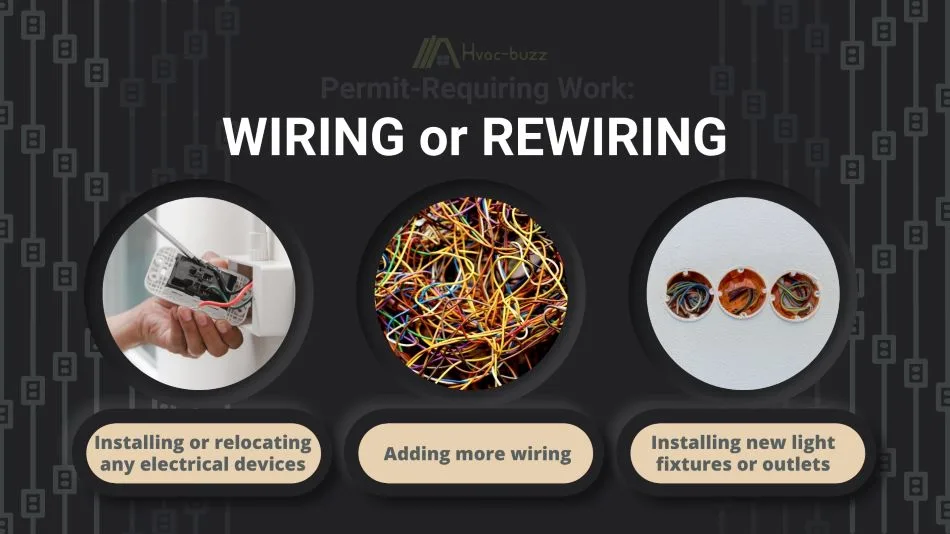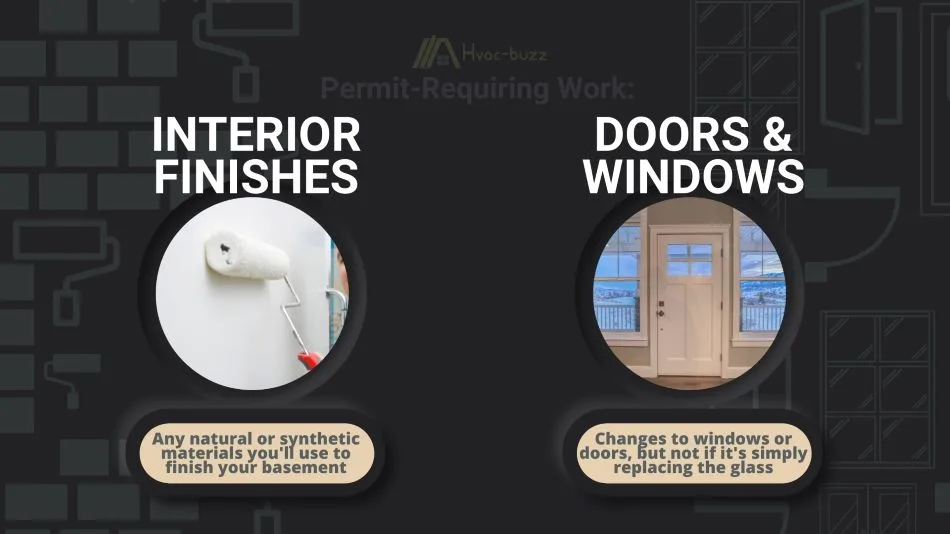The idea of finishing your basement might invoke feelings of excitement as well as anxiety. You have all these great ideas for what you want to do, but you also need to keep in mind all the tedious admin work that is relevant. You need to come up with a realistic budget that will help you achieve your dream basement, but it must also include potential permit costs.
All states have their own rules and regulations when it comes to the need for obtaining permits for basement finishes, and attempting to finish your basement without one can prove disastrous. This article will prevent any stress as it outlines your permit requirements for finishing a basement in Georgia.

Permits are required for finishing a basement in Georgia when the finishing involves structural work, plumbing work, electrical work, egress point additions or alterations, and even certain interior finishes.
Finishing Includes Permit-Requiring Work
In most cities in Georgia, you will be required to apply for a permit for many different kinds of construction work, which would usually be included in most basement refinishes:
Plumbing Requires a Permit
If you plan on doing any changes or additions to the plumbing in your basement, you will need to get a permit for it. Some of these changes include:
- Fixing or adding piping in the walls or under the floor
- Relocating any plumbing systems
It is vital to obtain a plumbing permit as the officials will be able to determine whether your plans will comply with health and safety protocols, and limit the risk of potential plumbing issues down the line.

You Need a Permit for Any Wiring or Rewiring
Most electrical work that you might be conducting in your basement construction project will require you to apply for a permit. These permits are vital in ensuring the safety of your family, as the officials will evaluate the electrical plans for any potential faults or issues.
Once approved, you can have the assurance that your risk of electrical fires or shocks has been reduced as your plans have been deemed safe and acceptable for occupation.
If you undertake any of the following electrical projects, you will be required to apply for an electrical permit in order to start construction.
- Install or relocate any electrical devices.
- Add more wiring.
- Install new light fixtures or outlets (which have specific code-regulated positioning rules).

Interior Finishes Must Be Approved
If you plan on adding interior finishes to your basement, you will most likely need to apply for a permit in order to get their installation approved.
Interior finishes are any natural or synthetic materials that you may use to cover the inside of your basement, such as adding wooden floors, carpeted walls, and sometimes wallpaper. These finishes are meant purely to increase the design element of your space.
The reason for the need to obtain permits for interior finishes is in case any of your finishes are flammable or combustible. The government official will be able to pick this up and determine whether the installation of such finishes will be a risk to the health and safety of the space.
Alterations to Doors and Windows
If your intention is to make changes to the doors or windows of your basement, you will need to get this approved. However, if you are simply replacing the glass then you don’t need to.
You generally need building permits for any structural changes, which the above may fall into, so you will need a permit for this work.
This is because you need to comply with specific rules and regulations for health and safety concerns.
For instance, some laws require that windows and doors with glass in rooms where individuals might come in contact with them, have to be safety glazed. You will also need to determine whether the windows will be meeting the egress requirements of the basement.

Find the Permits Online
Thank goodness for Google! You no longer have to take hours out of your day to stand in line to get the paperwork required for permit applications. You can simply search your city’s building permit website and download and fill in the appropriate forms.
You may be blessed enough to be able to submit these forms online as well, via email, but sometimes you will have to schedule a time to drop off the paperwork at a relevant office.
Here I provide you with a few direct links to some of the permits for a couple of cities in Georgia:
| Roswell | Here is the general building permit application and the application for plumbing and electrical work |
| Atlanta | Visit this portal to see exactly what permits you will need for finishing a basement in Atlanta |
| Columbus | These are the applications for a building, plumbing, and electrical permit |
| Augusta | Visit this web page for all you need to know about permits in Augusta |
Standard Permit Application Procedure
Your first step will be to obtain and fill out the applications for the necessary permits for your build. You, as the homeowner, can do this but if you hire a contractor or subcontractor, they usually include this service in their fees.
Additionally, you will be asked to supply supporting documentation along with your applications. These include two or three detailed and legible floor plans of your prospective finished basement. These plans must indicate all measurements and the layout of the room to scale, as well as the location of electrical outlets, lights, doors, and windows.
You will then need to submit the application along with the supporting documents to your city’s relevant building department. Some cities have a general building department at the local government head offices, but others have specific offices for residential building matters.
Along with these documents, you will be expected to pay certain fees. Fees vary according to city, but on average you should budget around $80 to $250 for all the permits that you might need. If your basement is relatively large, you should budget more money as a lot of the fees are square footage-dependent.
Once all documents are submitted and all relevant fees are paid, you can expect to wait up to two weeks for approval of your permit(s). However, all cities vary in this regard, as some take less time for smaller projects.
Sources
http://www.cityapplications.com/building-permits/GA-Georgia/bldg-Georgia.html
https://www.augustaga.gov/1112/Permit-Fees
https://planning.smcgov.org/sites/planning.smcgov.org/files/documents/files/Replace%20Windows.pdf
